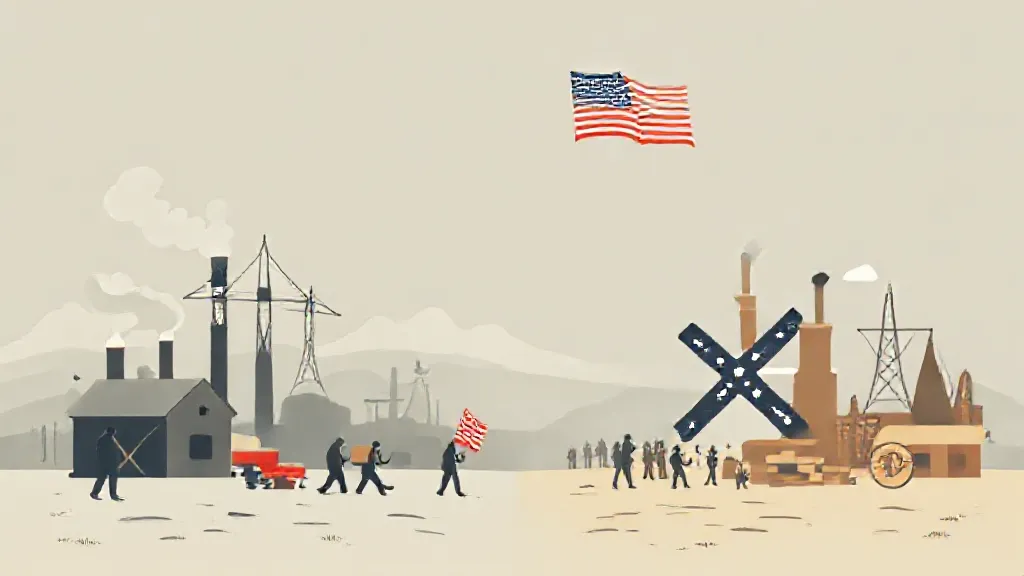The American Civil War, fought from 1861 to 1865, was a pivotal moment in United States history, marked by profound social, economic, and political upheaval. Understanding the causes of this conflict requires a thorough examination of the historical context, including the institution of slavery, states' rights, economic disparities, and the role of key events that escalated tensions between the North and the South.
The Role of Slavery in the Civil War
At the heart of the Civil War was the contentious issue of slavery.
The Southern economy was heavily reliant on agriculture, particularly cotton, which depended on enslaved labor. In contrast, the Northern states were increasingly industrialized and had largely abolished slavery. This fundamental difference created a chasm in perspectives, with Southern leaders advocating for the preservation of slavery as essential to their economic survival, while Northern abolitionists viewed it as a moral atrocity that must be eradicated.
Economic Disparities and Regional Tensions
The economic divide between the North and South was stark. The North's industrial economy was booming, while the South remained agrarian and dependent on slave labor. Tariffs and trade policies favored Northern industries, leading to resentment in the South.
Southern states argued that these economic policies were designed to enrich the North at their expense, fueling a sense of injustice and prompting calls for greater autonomy and the right to secede from the Union.
States' Rights vs. Federal Authority
The debate over states' rights was another significant factor leading to the Civil War.
Southern states championed the idea that individual states should have the authority to govern themselves without federal interference, particularly concerning slavery. This belief was rooted in the doctrine of nullification, which held that states could invalidate federal laws they deemed unconstitutional. The North, however, supported a stronger federal government that could enforce national laws, leading to further conflict.
Key Events That Escalated Tensions
Several key events heightened the tensions between the North and South, including the Missouri Compromise (1820), the Compromise of 1850, and the Kansas-Nebraska Act (1854). The Missouri Compromise attempted to maintain a balance between slave and free states, while the Kansas-Nebraska Act allowed new territories to decide the slavery issue through popular sovereignty, leading to violent confrontations known as "Bleeding Kansas." Each of these events underscored the deepening divide and the inability of political solutions to resolve the underlying issues.
The Influence of Abolitionist Movements
Abolitionist movements in the North played a crucial role in shaping public opinion against slavery. Figures like Frederick Douglass, Harriet Tubman, and William Lloyd Garrison brought attention to the horrors of slavery and mobilized support for its abolition. Their efforts intensified Southern fears of a Northern conspiracy to end slavery, further entrenching the divide between the two regions and contributing to the South's determination to protect its way of life.
The Election of Abraham Lincoln
The election of Abraham Lincoln in 1860 was a turning point that precipitated the outbreak of the Civil War. Lincoln's platform opposed the expansion of slavery into new territories, which alarmed Southern leaders who feared losing political power. His election without any Southern electoral votes was seen as a direct threat to the institution of slavery, prompting several Southern states to secede from the Union and form the Confederate States of America.
The Outbreak of War: Fort Sumter
The conflict officially began on April 12, 1861, when Confederate forces fired on Fort Sumter in South Carolina. This attack marked the start of hostilities and led to a rapid escalation of conflict, with other Southern states joining the Confederacy. The war was characterized by significant battles, massive casualties, and a struggle for the very soul of the nation, as both sides fought for their beliefs regarding slavery, state sovereignty, and the future of the United States.
Conclusion: A Legacy of Division
The American Civil War resulted in profound changes to the nation, including the abolition of slavery and the preservation of the Union. However, the causes of the war reveal a complex interplay of economic, political, and social factors that continue to influence American society today. Understanding these causes is essential for comprehending the historical legacy of the Civil War and its lasting impact on the United States.
For further exploration of this topic, readers may refer to works such as "Battle Cry of Freedom" by James M. McPherson and "Team of Rivals" by Doris Kearns Goodwin, which provide in-depth analyses of the Civil War's causes and consequences.
